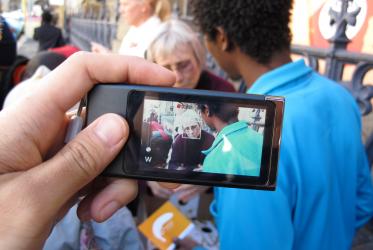Displaying 1 - 8 of 8
Recommended Practices to Combat HIV-Related Stigma
A Guidebook for Local Faith Communities
05 October 2023
Faith Sector Implementation of the Global AIDS Strategy
05 October 2023




